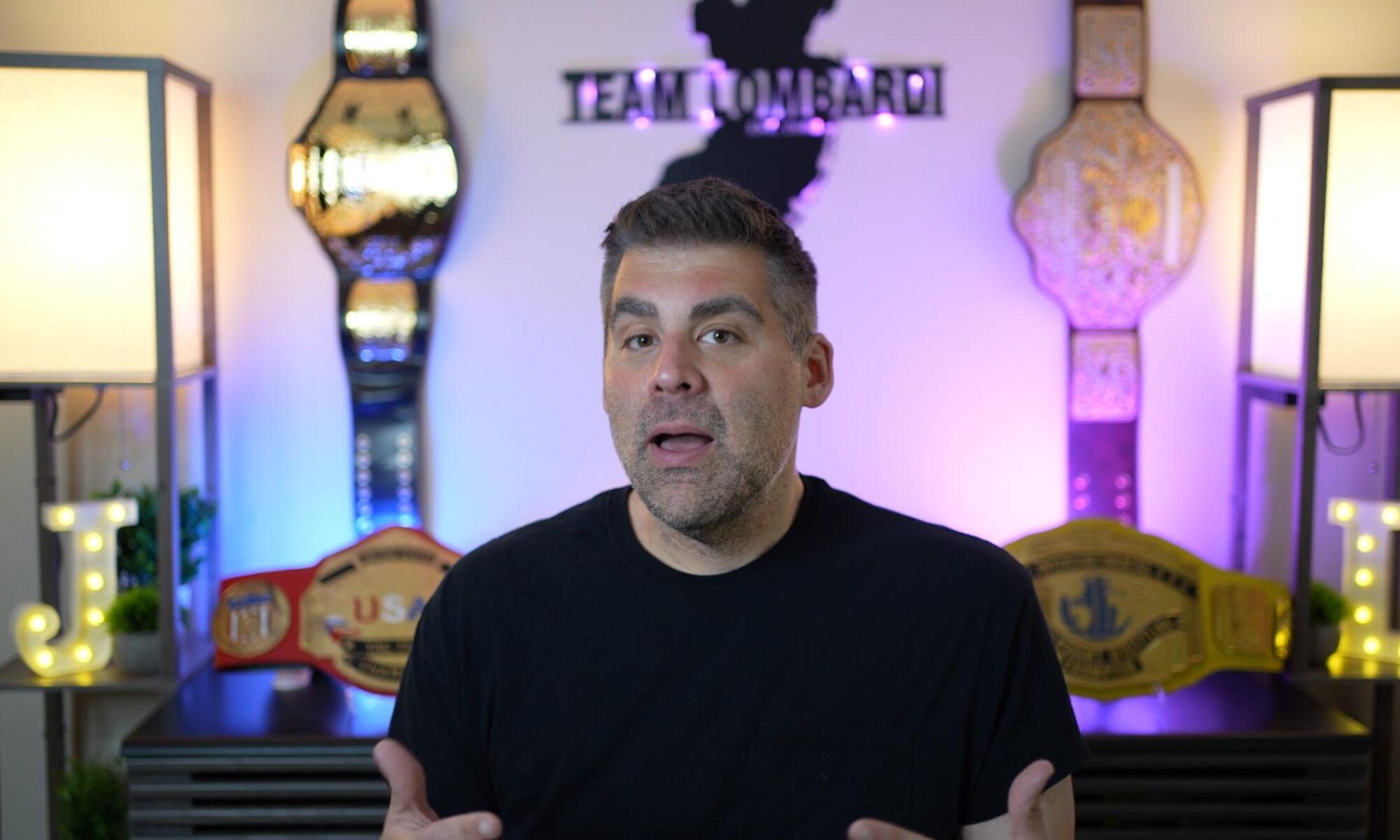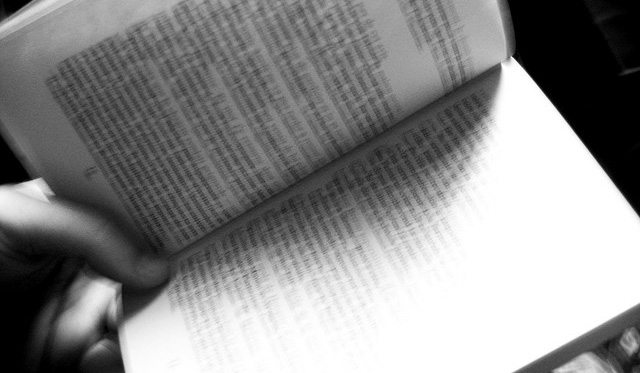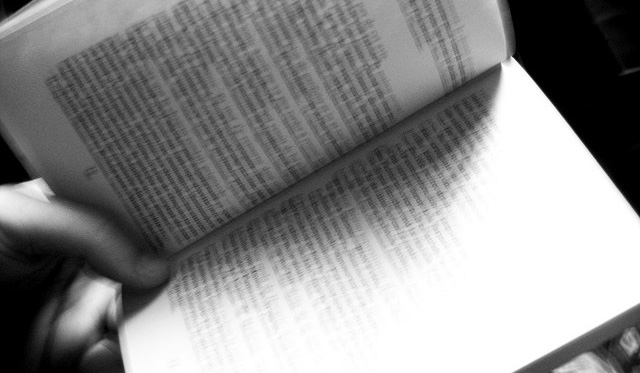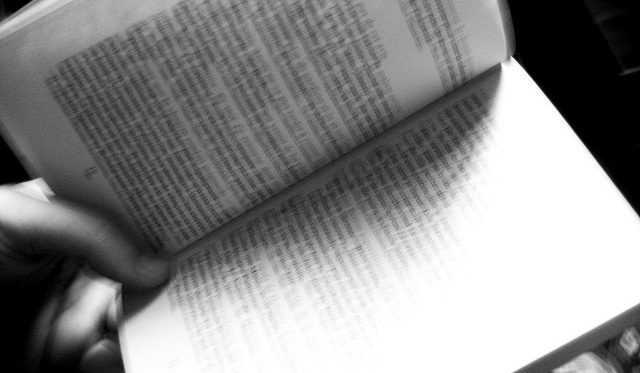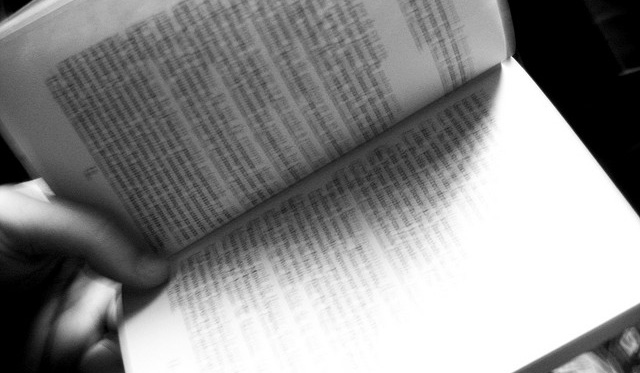( #newsflesh, #blackout )
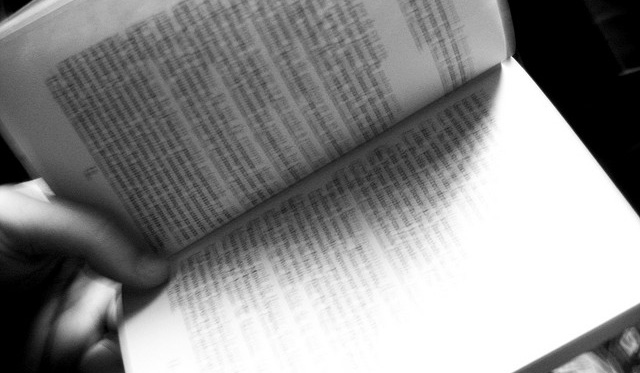
I wasn’t sure if I was going to read the third and final book in Mira Grant’s “Newsflesh” trilogy, but then Anthony Bourdain’s tales of kitchen mishaps had me seeking shelter from reality. I did not react favorably to the 2nd book (“Deadline“) but I decided to give Grant a chance to see if she ended on a good note.
WARNING: There will be spoilers about the trilogy in this review, read at your own risk…
“Blackout” is better than “Deadline” but does not deliver on the potential that “Feed” established. The plot has some problems. Grant fully commits to the concept of “Cloned George”. I didn’t like the decision to bring the character back, but Grant fully commits to the idea and concept which I respect.
The first 50% of the book essentially makes the events of “Deadline” somewhat pointless. Grant makes references to the second book, but outside of revealing George was cloned and a larger CDC conspiracy at play, nothing else really carried over. Most of these pages are spent trying to get the reader to accept “Cloned George” as the real deal. Grant makes the character doubt her own authentication as a means to endear her to the readers, but then has every character say “oh, we accept you now after three seconds of doubt – GLAD TO HAVE YOU BACK!”.
The reasoning for her cloning is weak… something about making America trust the news she is saying even though she is a clone and the big reveal is backed up by all the other characters having multiple cameras filming the entire exchange. At the start of “Blackout” Shaun’s crew have two clear missions:
1. Get Alric’s sister out of Florida (which has a massive zombie outbreak due to artificially created insects that now carry the virus).
2. Get fake IDs from a character named “the monkey”
The main characters don’t accomplish either task and I feel like there was a lot of pages wasted to conclude those points. I would not mention this if Grant was above using short cuts in other sections of the book. Shaun finds “Cloned George” completely by accident. There was no way that could or should have happened. It would have been easy for Grant to modify a few points to make Shaun end up at the Seattle CDC with more purpose.
Then there is the whole reveal that George and Shaun (adopted brother and sister) are hooking up. Yes, while reading the first book, I definitely got the vibe that something was going on, but Grant didn’t push it. That was the right call. I feel like she succumbed to pressure to put those two characters together. She could have left it vague and let the readers decide for themselves. There is also issue of Shaun’s immunity to the virus due to his “interactions” with George v1.0.
On the positive side – Grant downplays the zombies in this book in favor of character development, which I totally agree with. The zombies are a background threat at all times (and useful plot devices to add danger), but she allow her previous work to set the stage and focused on finishing the story. I also appreciated the fact that there is a conclusion to this story. A clear conclusion. If you factor out the major weaknesses that I just brought up, the story actually comes to a satisfying end. This in itself caused an issue: the story’s beats fell exactly where they should have so the “big reveal” was a little flat, but organic. “Absolute power corrupts absolutely” pretty much sums it all up.
I would be remiss if I didn’t bring up the voice in Shaun’s head. I called this out in the last review as a writer’s crutch, but when “Cloned George” shows up, things get weird as Shaun has conversations with the George in his head and also the clone. Then the voice goes quiet for a while but starts to get loud again towards the end but gets all possessive and suicidal – and then never gets mentioned again.
This review is a little more critical than I intended it to be because I liked this book much more than the 2nd installment, I just feel that it could have been better. It also confirmed my comments about “Deadline” not really needing to exist. “Deadline” and “Blackout” would have been much better trimmed down and presented as one book, but I don’t fault Grant from needing to make a living.
My recommendation is to read “Feed” and then skip to this book. Anything you need to know about “Deadline” you can find out within a few chapters. Grant’s attempts to stay ahead of the readers by setting up missions that completely get derailed are commendable but sloppy. Ultimately, she does a decent job at finishing what she started but never quite lives up to the promise of the first book.

